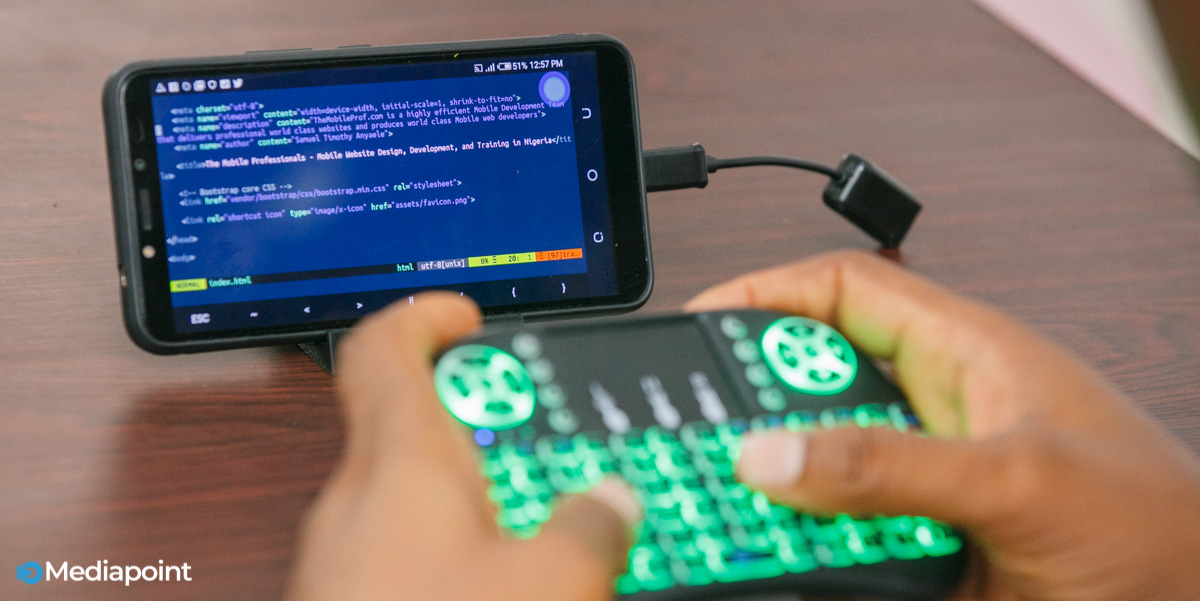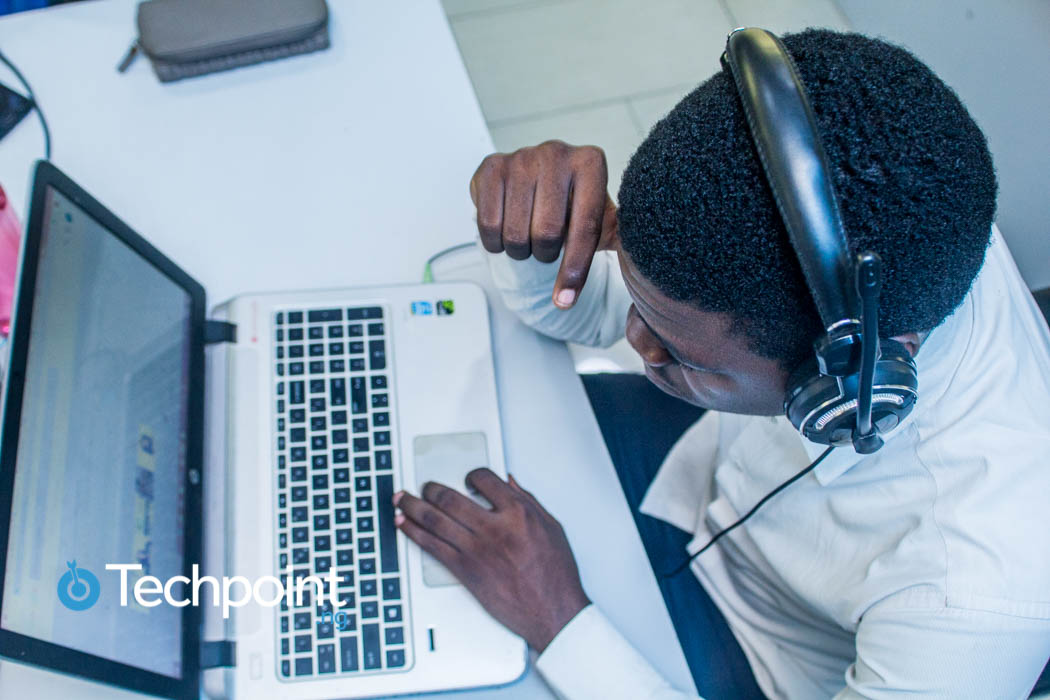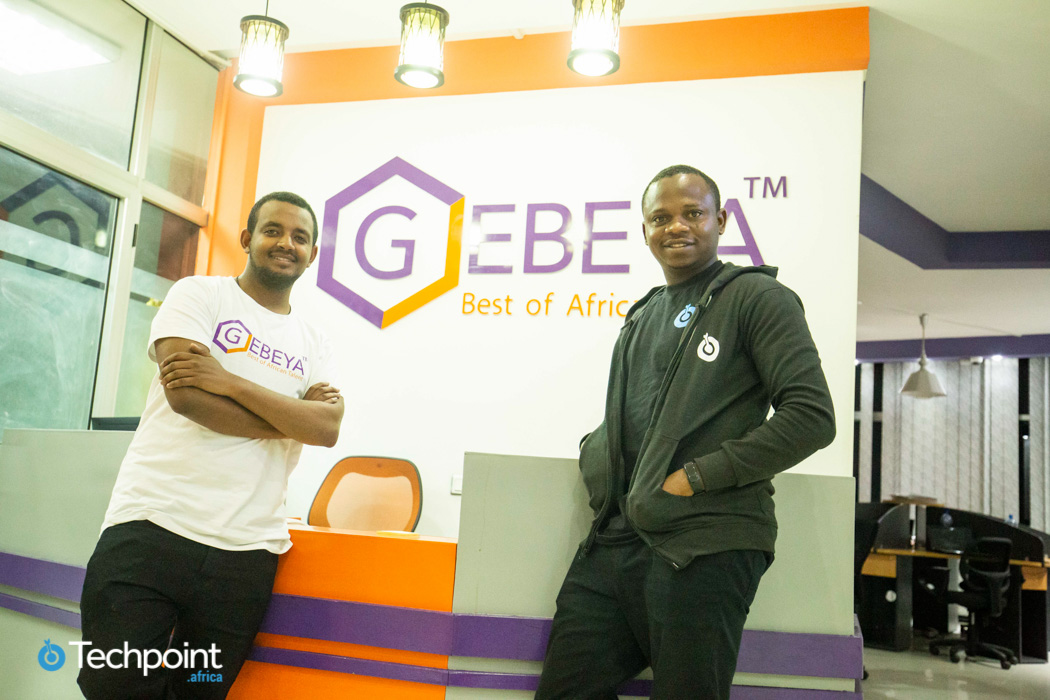In a tiny office in Yaba, Lagos, Nigeria, five young people aged between 14 and 24 are hunched over their smartphones as they listen to an instructor writing on a whiteboard. They are learning to code but there’s no laptop in sight.
The instructor writes out HTML code on the board and they follow along on their Android smartphones. This scene is strange for a lot of reasons.
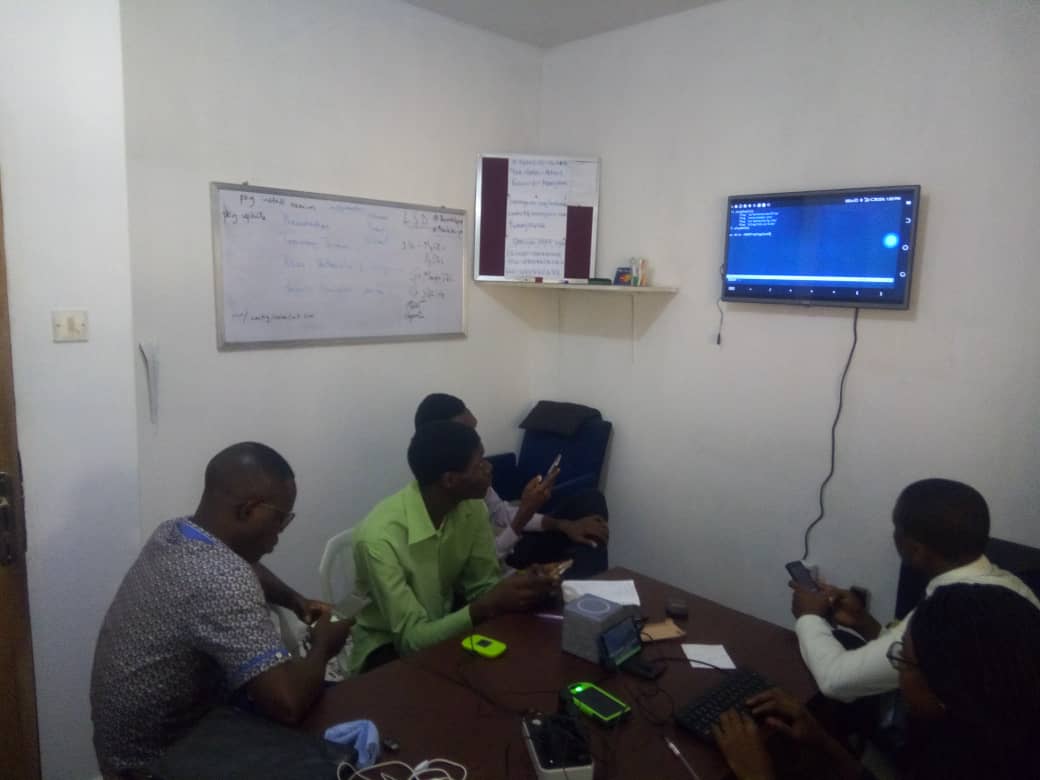
Over the last decade in Nigeria, tech has been on a race to the mainstream and this has been reflected in products, skills, startups, and ecosystems in place.
One of the direct implications of this is an explosion in tech-related education and skills to complement existing opportunities, and computer programming or coding, as it is called, has taken the lead.
So coding has become quite popular in Nigeria.
Suggested Read; 11 ways to learn programming in Nigeria and everything you need to know about them
Apart from the request for these skills, a low barrier to entry is still the biggest motivator.
Yet, at prices ranging from between ₦15,000 ($14.5) to ₦35,000 ($97) for a low-end secondhand laptop, the average young Nigerian cannot afford a laptop computer.
Companies and concerned individuals are trying to bridge this gap. DevCareer, a lagos-based nonprofit is looking to provide up-and-coming African developers with laptops and other resources and, needless to say, it is doing a good job.
Suggested Read; DevCareer is on a mission to properly equip upcoming African developers
But between a restriction of resources, Africa’s steady growing population, and an increasing tech-dependency, everybody cannot have access to these resources.
This smartphone coding class in Yaba hopes to be a workaround of sorts.
Samuel Anyaele founded The Mobile Prof in September 2018 — operations began in February 2019 — to combat this problem by teaching young people how to learn digital skills using Android smartphones.
 “We started out teaching students in secondary schools how to code, but a lot of them did not own or have access to computers. We could not write code on paper or boards and that was how the idea to teach code on smartphones was birthed,” Anyaele said.
“We started out teaching students in secondary schools how to code, but a lot of them did not own or have access to computers. We could not write code on paper or boards and that was how the idea to teach code on smartphones was birthed,” Anyaele said.
The company wants to be a skills incubator for, and also partner, the new crop of Andela-like coding schools springing up all over Africa as most require foundational knowledge before admitting students.
Classes are conducted with smartphones, mini keyboards, a television screen projecting the instructor’s phone, a white board, and multi-coloured marker pens.
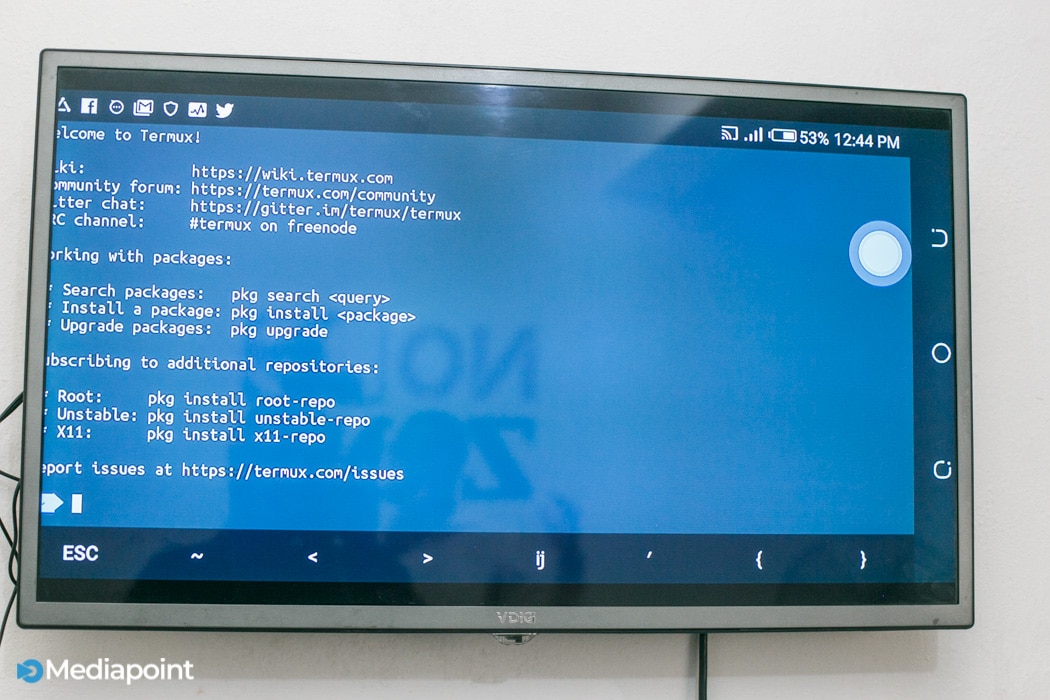
The Mobile Prof’s first cohort contains 10 students. Anyaele says some of them are not taken seriously because they do not own or use computers.
“There are a lot of people that do development on their mobile devices and most importantly, people tend to forget that Android is built on Linux. This means your phone is basically a Linux OS in a smaller box.”
Coding on Android smartphones is not a new concept
In April 2018, CNN featured, (then) 20-year-old Nigerian, Elvis Chidera, who learnt to code with a Nokia 2690; a basic feature phone.
The story tells of Elvis’ almost 8-year grueling journey through building websites on the small-screened Nokia phone and how it eventually landed him at an MIT-backed startup in Lagos, Nigeria.
Now 21, Chidera works as a software engineer in Dubai with Careem; a transport company in the Middle East and North Africa region.
Speaking to Techpoint, Chidera says the transition from smartphone to computers was not hard for him.
“Coding is about solving problems and stays the same across the board. Tools like the integrated development environment (IDE) took a while to get used to, but after that, it was smooth sailing.”
At The Mobile Prof, Samuel Anyaele says students stay building working projects with their Android phones. When asked for examples, he pointed to the company’s website.
“I built all of the website with an Android phone and it shows the endless possibilities,” he says flipping from his smartphone’s editor to the website’s frontend while editing code.
A fear of limitations
Some software developers are not fans of smartphone coding and reservations are regarding the screen size, orientation, and project limitations.
According to Chidera, coding on a smartphone was very hard.
“If I had access to a computer, I definitely wouldn’t have programmed with my phone. Building great software is hard, doing it on a mobile phone just makes it harder. There are so many tools you can’t use and there is a limit to how fast you can go or how big your projects can be,” he said.
Because of the countless limitations, a Senior Software Developer at Andela, Omotayo Madein, remembers coding on her smartphone as a frustrating and impractical experience.
“I don’t think I am interested in writing code with my smartphone, but I can use mobile notes apps for pseudocode,” Madein said.
In the grand scheme of things, founder of DevCareers, Sultan Akintunde, is worried encouraging the trend will lead to mediocrity as the limitations are tremendous.
There are only a few technologies a smartphone can build and while the world is moving on to machine learning, artificial intelligence, AR/VR, we are still stuck on web dev,” he said.
Akintunde who started with smartphones himself said transitioning to computers for him was hard.
And a world of possibilities
Through his reservations, Sultan Akintunde however admits learning with smartphones may be the solution to introduce Africa’s teeming youth population to coding.
Another Lagos-based Android Developer, Moyinoluwa Adeyemi, agrees that even though she did not experience coding with smartphones, it is a great way to lower barrier to entry in the field.
Anyaele agrees the limitations exists but that The Mobile Prof wants to do more.
“For our students, contrary to being the standard for them, The Mobile Prof is a preparatory school to go on and do bigger and greater things. We just want to get them started with the resources immediately available to them — their Android smartphones,” he said.
Though current costs of secondhand laptops in Nigeria are still among some of the lowest in the world, the prevalent economic realities mean a large number of people are still unable to afford computers.
And an increasing mobile penetration in Africa means many young people will own smartphones before computers.

